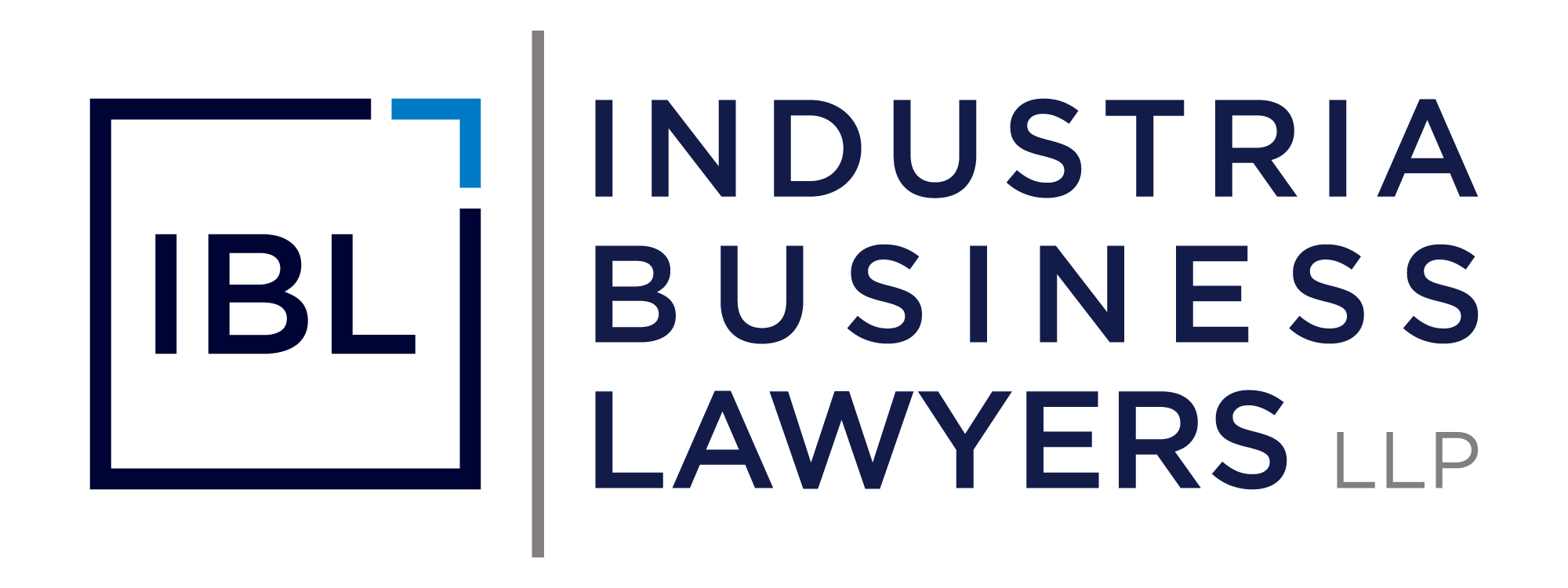Written by: Aaron Krowne
Cryptocurrency’s rapid growth has brought both innovation and risk. While blockchain is secure, end-point vulnerabilities—targeting individual users—remain a major weakness. Beyond hacks, fraudulent schemes like Ponzi schemes, rug pulls, and phishing scams have cost investors billions, often leaving them little legal recourse.
As governments strengthen laws to combat crypto fraud and protect investors, understanding the legal implications of end-point hacks, crypto fraud, and scams is crucial for investors, businesses, and exchanges. But what legal protections exist for those affected? This article explores the rules, legal consequences, legal protections for crypto investors, and some protection strategies.
Understanding End-point Hacks and Frauds in Crypto
Crypto-related hacks and fraud primarily occur at the end-user level, where attackers exploit security weaknesses in wallets, exchanges, and personal devices. Unlike direct blockchain hacks, these crimes often fall under fraud, cybercrime, and financial regulations, but crypto regulations vary by jurisdiction.
Some of the common hacks and frauds are:
- Phishing scams: Hackers create fake websites or emails to steal login credentials. Under cybercrime laws, in many jurisdictions, phishing is classified as identity theft and fraud, punishable by fines and imprisonment.
- Malware and keyloggers: Malicious software records keystrokes to extract passwords and private keys. Most jurisdictions prosecute this under unauthorized data access and hacking laws, but asset recovery remains difficult.
- SIM-swapping attacks: Criminals hijack a victim’s phone number to bypass two-factor authentication. Many countries treat this as identity fraud or telecommunications fraud, leading to criminal charges.
- Ponzi schemes: Fraudsters use new investors’ funds to pay returns to earlier ones. Regulatory bodies like the SEC (U.S.) and ESMA (EU) prosecute these under securities fraud and investment scam laws.
- Rug pulls and fake ICOs – Developers vanish after collecting investor funds. Though enforcement is inconsistent, these are often considered fraud, misrepresentation, or unregistered securities violations.
Because crypto operates across jurisdictional boundaries, legal recourse is often limited, making regulatory clarity and investor awareness essential.
Legal Frameworks and Regulations
As crypto adoption rises, governments are establishing legal frameworks ranging from supportive policies to strict bans. Let’s have a closer look.
Global Crypto Regulation Trends
Crypto regulations differ globally. Some nations embrace crypto with well-defined legal structures, while others impose strict crypto regulations to control trading and investment risks.
- Strictly regulated regions: The U.S. and the EU enforce stringent anti-money laundering (AML) laws and legal protections for crypto investors through mandatory compliance measures.
- Countries with bans: China, Egypt, Algeria, and Morocco have imposed bans on crypto trading and mining. Others, like Bangladesh and Nepal, enforce strict penalties for violations.
- Pro-crypto hubs: Nations like Singapore and Switzerland offer favorable regulatory environments with clear licensing requirements, allowing regulated crypto businesses to operate legally.
- Emerging markets: The absence of clear crypto rules in many developing nations puts investors at risk of legal pitfalls and crypto scams. For instance, El Salvador recognizes Bitcoin as a legal tender, while Nigeria has fluctuated between restrictions and adoption efforts.
U.S. Laws and Enforcement
The United States enforces strict compliance through multiple agencies:
- The Securities and Exchange Commission (SEC): Oversees crypto assets classified as securities and prosecutes fraud in token offerings and exchanges.
- Law enforcement: The Federal Bureau of Investigation (FBI) and Department of Justice (DOJ) actively investigate crypto crimes, leading to high-profile arrests and asset seizures.
- The Commodity Futures Trading Commission (CFTC): Regulates crypto assets that are considered commodities, such as Bitcoin and Ethereum.
- The Financial Crimes Enforcement Network (FinCEN): Requires exchanges to implement AML and Know Your Customer (KYC) procedures under the Bank Secrecy Act (BSA).
European Union and Key International Regulations
Unlike the U.S., the European Union follows a unified framework through Markets in Crypto-Assets (MiCA), which sets standardized regulations for crypto service providers for greater transparency and investor protection.
Other key jurisdictions include:
- United Kingdom: Requires crypto businesses to register with the Financial Conduct Authority (FCA) and comply with AML laws.
- Canada and Australia: Mandate licensing for exchanges and enforce strict consumer protection measures.
- Global bodies like the Financial Action Task Force (FATF) set international AML guidelines that influence regulatory policies worldwide.
Legal Consequences of Crypto Hacks and Fraud
Crypto hacks and fraud carry significant legal consequences, affecting individuals and businesses. Depending on the severity and intent, the penalties may include:
- Civil lawsuits: Exchanges, wallet providers, or even careless developers can get sued for monetary damages by victims of crypto scams or end-point attacks. Courts may order compensation or impose liability for failing to secure user funds.
- Criminal charges: Hackers and fraudsters can face prosecution for crimes like wire fraud, securities fraud, and money laundering. Convictions can lead to lengthy prison sentences and hefty fines.
- Regulatory fines and sanctions: Crypto businesses that fail to comply with AML (Anti-Money Laundering) and KYC (Know Your Customer) regulations risk penalties, license revocation, or being banned from operating in certain jurisdictions.
- Asset seizures and asset recovery efforts: Using blockchain analytics, law enforcement agencies can trace stolen crypto and freeze or confiscate illicit assets. Exchanges may also be required to block transactions linked to suspicious activities.
Compliance and Crypto Risk Mitigation Strategies
Businesses and individuals must adopt strong compliance and security measures to mitigate the legal risks of crypto scams and hacks. The following strategies help prevent crypto fraud and ensure adherence to global regulations.
Businesses and Exchanges should:
- Verify user identities and monitor transactions to detect suspicious activity.
- Implement multi-factor authentication (MFA), cold storage, and regular security audits.
- Promptly disclose security breaches and fraud incidents to authorities.
Individuals and Investors should:
- Report crypto fraud to authorities like the SEC (U.S.) or FCA (U.K.) to seek recovery.
- Use secure wallets like hardware or other non-custodial solutions to minimize risk.
- Conduct thorough research and avoid projects with anonymous teams or unrealistic returns.
To navigate evolving regulations and ensure crypto risk mitigation, staying informed about crypto scams and staying informed about their legal rights is essential. But you don’t have to do it alone. If you’re dealing with security breaches, fraud, or any crypto-related challenges, we’re here to help. Reach out for expert guidance to protect your assets and stay on the right track.


